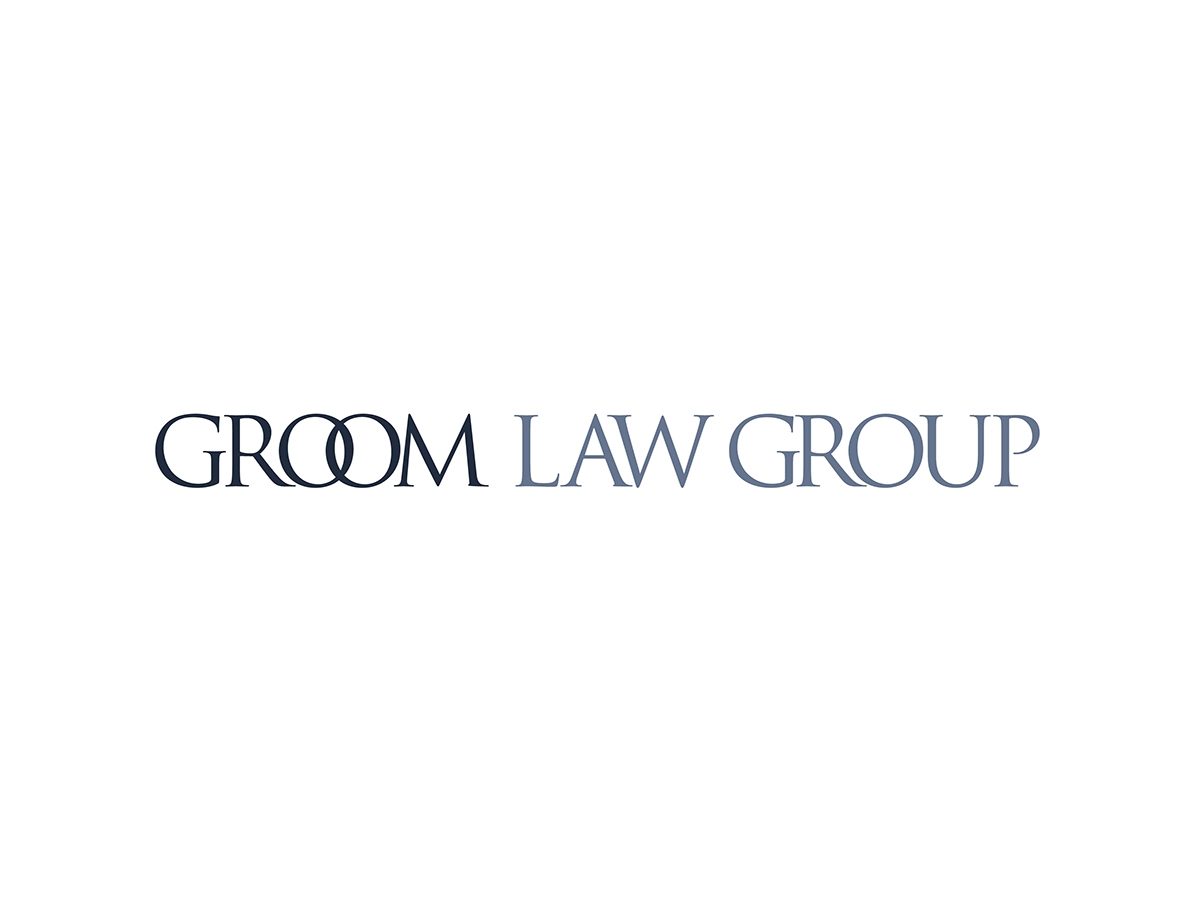Illinois Employers: Are You Complying With the Consumer Coverage Disclosure Act? – JD Supra

Illinois recently enacted the Consumer Coverage Disclosure Act (the “CCDA”), which requires that Illinois employers provide a disclosure to employees regarding how the employer’s group health plan compares with the essential health benefits under the Illinois benchmark plan. Although the CCDA went into effect on August 27, 2021, many employers are unfamiliar with the requirements.
Employers with self-insured plans that have focused on the law have questioned whether the CCDA is preempted by ERISA. While Illinois takes the position that the law applies to employers with self-insured plans, as discussed below, a court may not necessarily agree if an employer was willing to challenge the law on ERISA preemption grounds.
Below we answer the most common questions we have received regarding the CCDA. You can also read the Illinois Department of Labor (the “ILDOL”) FAQs for more information.
To Which Employers Does the Illinois Statute Apply?
The CCDA applies to employers with employees in Illinois.
What Information Must Employers Disclose?
To comply with the law, employers must disclose a written list of the covered benefits included in the group health coverage in a format that easily compares those covered benefits with the essential health insurance benefits under the Illinois benchmark plan. Illinois has provided a form employers can (but are not required to) use.
To Whom Must the Employer Disclose the Information?
The CCDA requires that the employer provide the list to all employees eligible for the coverage. The CCDA defines “employee” to mean “any individual permitted to work by an employer” and does not specify it only includes Illinois residents.
When Must Employers Provide the Disclosure?
An employer must provide the disclosure upon hire, annually thereafter, and upon request from an employee.
How Can Employers Provide the Disclosure?
An employer can provide the required information by email to its employees or on a website that an employee is able to regularly access. Some employers are including the information in new hire/open enrollment materials.
Is an Employer Required to Provide the Same Essential Health Benefits as the Illinois Benchmark Plan?
No. The CCDA only requires that employers provide the disclosures; it does not mandate that the plan cover a specific level of benefits.
Is the CCDA Preempted by ERISA for a Self-Insured Plan?
The short answer is that it may be preempted by ERISA, but the ILDOL takes the position it is not. Specifically, in its FAQs, the ILDOL states that “[b]ecause the Consumer Coverage Disclosure Act creates a benefits notification requirement for all Illinois employers, regardless of the type of insurance they provide, and does not mandate insurance provisions or otherwise have any direct impact on employer-provided group health insurance coverage, employers who provide self-insured plans and/or ERISA plans are subject to the provisions of the Act.” Thus, it will take an employer to successfully challenge the CCDA in court in order for self-insured plans to not be subject to potential penalties for noncompliance. Therefore, many self-insured employers may choose to just comply since the law is not that burdensome.
More concerning is the fact that the CCDA is yet another example of a state attempting to skirt ERISA preemption and impose requirements related to self-insured group health plans. For example, in 2019, California enacted a law that requires employers that sponsor FSAs to twice notify California employees who participate in a FSA of any deadline to withdraw funds before the end of the plan year. And, in 2020, the Supreme Court ruled that an Arkansas law that mandates specific pricing requirements for pharmacy benefit managers was not preempted by ERISA (see Rutledge v. PCMA, 141 S.Ct. 474 (2020)).
What Are the Penalties for Noncompliance?
The penalties are $500 to $5000, depending on number of employees, how many prior offenses have occurred, and specific factors set out in the CCDA.







